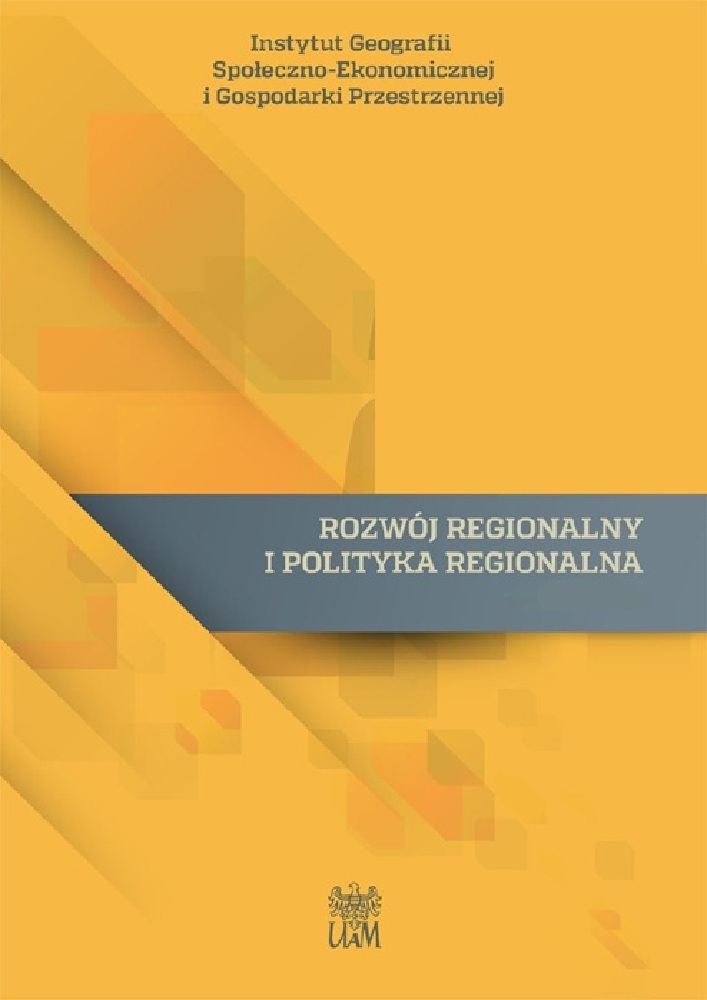Abstract
Due to the changes in law, voivodeship governments in Poland has been fully responsible for the organisation and funding of the regional railway passenger traffic since 2004. Their expenses for the subsidy to a deficient passenger transport, as well as purchase of trains is very diversified. They depend mostly on the budget of the voivodeship and on the importance of this kind of transport in the region, which is highly dependent on the diverse density of railway network in Poland. Each government has its own perception of the present and future role of the regional railway transport, which can be seen in the structure of expenses. Although many of them invest substantial amount of money in the development of the railway transport and modernisation of the rolling stock, some draw up their budgets in such a way that it is merely possible to maintain vehicle kilometers on the current level. Moreover, there are various methods of organisation of this type of transport in the voivodeship area, which has an impact on the costs. The amount of money spent on the regional railway passenger transport per capita is diversified across the regions and very often it is a sign of voivodeship’s wealth. The structure of the spending is also diversified – apart from the expenses on the maintenance of the railway connections, there are expenses on the investments, infrastructure and rolling stock. To a circle of the undisputed leaders in organisation of modern and reliable regional railway transport we can rank, considering a variety of criteria, voivodeships: dolnośląskie, kujawsko-pomorskie, mazowieckie, pomorskie, śląskie, wielkopolskie and zachodniopomorskie.
References
Dyr. T. 2009. Czynniki rozwoju rynku regionalnych przewozów pasażerskich. Wydawnictwo Politechniki Radomskiej, Radom.
Sprawozdania z wykonania budżetów województw w roku 2011 (http://www.bip.gov.pl/).
Taylor Z. 2007. Rozwój i regres sieci kolejowej w Polsce. Instytut Geografii i Przestrzennego Zagospodarowania im. Stanisława Leszczyckiego PAN, Warszawa.
Ustawa z dnia 8 września 2000 r. o komercjalizacji, restrukturyzacji i prywatyzacji przedsiębiorstwa państwowego „Polskie Koleje Państwowe” (Dz.U. 2000 nr 84, poz. 948).
Ustawa z dnia 16 grudnia 2010 r. o publicznym transporcie zbiorowym (Dz.U. 2011 nr 5, poz. 13).
Ustawa z dnia 28 marca 2003 r. o transporcie kolejowym (Dz.U. 2003 nr 86, poz. 789).
License
Copyright
© 2013 IGSEiGP, Uniwersytet im. Adama Mickiewicza w Poznaniu
OPEN ACCESS
